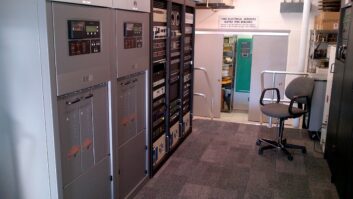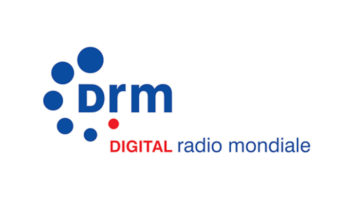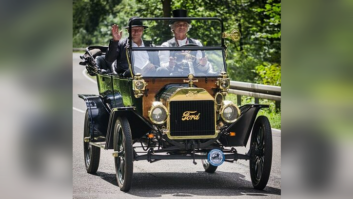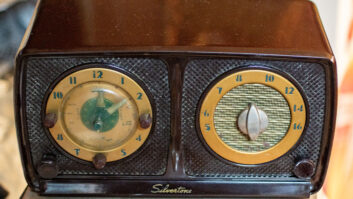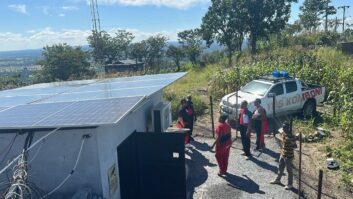Radio World’s “Guest Commentaries” section provides a platform for industry thought leaders and other readers to share their perspective on radio news, technological trends and more. If you’d like to contribute a commentary, or reply to an already published piece, send a submission to [email protected].
The author is an award-winning youth advocate. He is the co-founder of a number of community initiatives including the Youth Congress, a premier youth-led organization in Kenya.
Across Africa, radio is being used to empower the youth. According to the United Nations Education Scientific and Cultural Organization, radio is Africa’s most influential information outlet — a useful tool for an increasingly young population.
On its website, UNSESCO says Africa has the youngest population in the world, with 70% of sub-Saharan Africa under the age of 30. “Such a high number of young people is an opportunity for the continent’s growth — but only if these new generations are fully empowered to realize their best potential,” wrote the organization.
Thankfully, this work is already underway.
For example, South Africa’s youth have found voices through radio — they communicate their concerns through radio which has become their trusted companion. South Africa is a youthful country where almost 60% of the population is made up of young people. The country’s Zibonele FM and Bush Radio are examples of stations that appeal to young people using youth-focused content, multilingual broadcasts, diverse audience segments and robust digital technologies in new production and programming.
Morocco’s Hit Radio is proving a hit with Africa’s youth even beyond the country’s borders. Launched in 2006, the station has continually grown to the point it now commands 3.2 million daily listeners in Morocco, a significant portion of whom are under the age of 35.
According to Hit Radio Founder and CEO Younes Boumehdi, the recipe for gaining the trust and loyalty of young Moroccan listeners is listening to them and putting them at the heart of a radio station’s development. Another reason for the station’s success with young people lies in its founding vision to promote local music — 40% of its content is by young local musical talents.
In Botswana, Yarona FM is also appealing to the youth. The station’s core audience is comprised of young, upwardly mobile youth within the ages of 20–29. The youth radio station has been on-air for about 25 years. With its dedication to entertaining and empowering the nation’s young adults with relevant programming and diverse content, Yarona FM has become a companion to the youth.
Kenya’s Nation FM Morning is run by young people who have a unique perspective on the world. Young people tune in for insights from experts, youth and changemakers to stay informed and inspired. Also, as the hosts put it, youth join to get doses of fun, fresh conversation and the latest buzz.
Similarly, Kenya’s Radio Domus FM, with support from Hivos, launched the “Voice Unchained” program. In Kenya, where a staggering 75% of the population is under the age of 35, the potential for youth to influence the nation’s governance is immense. Yet, their voices have traditionally been silenced, stifled by a hierarchical culture that prioritizes age and experience over fresh ideas and innovative thinking.
“Voices Unchained” challenged the status quo, creating a safe space for young people to express themselves and engage with decision-makers. The program was varied in its approach, including on-air discussions, online forums and on-ground events. These avenues allowed young people to connect with community elders and local political leaders and discuss issues that mattered to them. This initiative provided a platform to reimagine and understand the country’s political history, which has often left youth feeling marginalized.
It is worth noting that through radio African youth are projecting their voices and participating in shaping national discourses. Radio programs in Africa continue to boost youth agency and power, civic engagement and political participation.
[Related: “Radio Is a Powerful Tool for Civic Education in Africa“]

